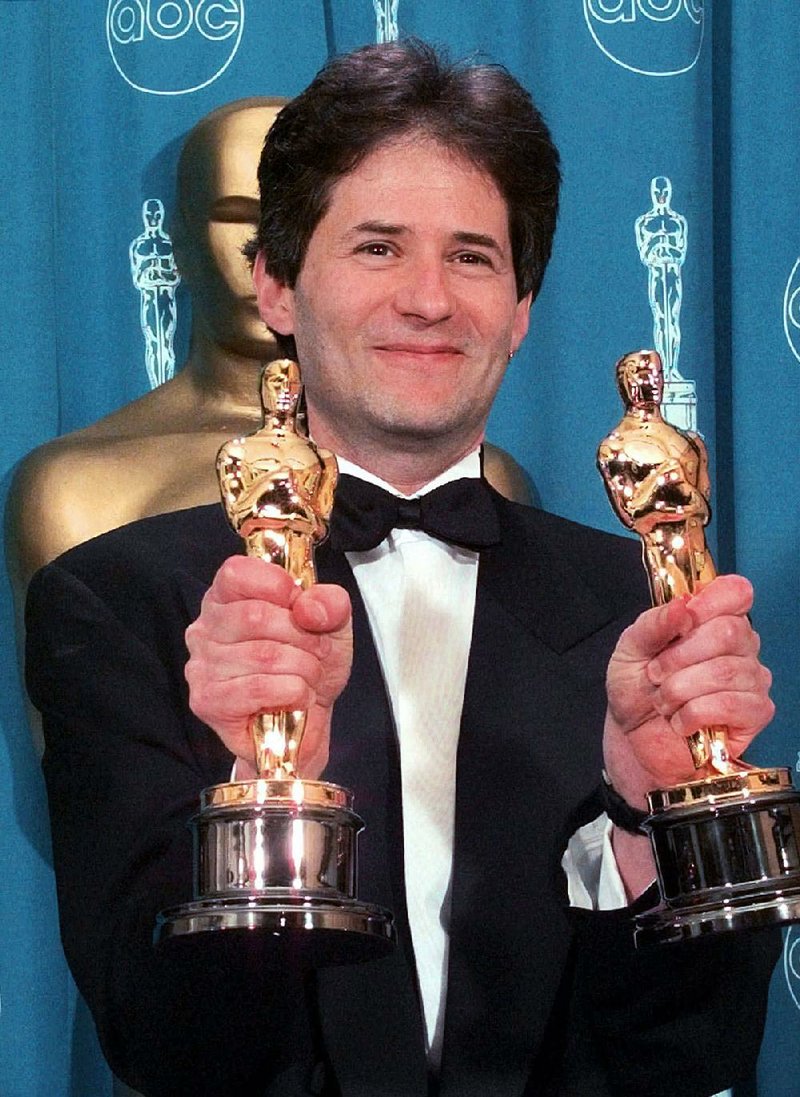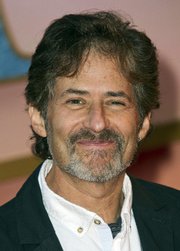Correction: James Horner, a film composer who died this week when his single-engine airplane crashed in Southern California, received an Academy Award nomination for the score of the 1986 science-fiction thriller Aliens, among other nominations and wins throughout his career. This obituary for Horner, chiefly drawn from The Associated Press, erroneously stated he was nominated for composing the music for 1979’s Alien, which was scored by Jerry Goldsmith.
LOS ANGELES -- James Horner, who composed music for dozens of films and won two Oscars for his work on Titanic, died when his small plane crashed in Southern California, his agents confirmed Tuesday. He was 61.
Agents Michael Gorfaine and Sam Schwartz issued a statement saying Horner had died, although official confirmation could take several days while the Ventura County coroner works to identify the remains of the pilot, who was the only person on board.
People who fueled the plane at an airport in Camarillo confirmed that Horner took off in the aircraft Monday morning, said his attorney, Jay Cooper. The S-312 Tucano MK1 turboprop crashed and burned in a remote area of the Los Padres National Forest, about 100 miles northwest of Los Angeles.
Horner's credits ran the gamut from big-budget blockbusters to foreign-language independent films. He even composed the theme song for the CBS Evening News with Katie Couric.
While working on more than 100 movies, Horner earned six Grammy Awards and 10 Academy Award nominations. He won two Oscars for 1997's best picture, Titanic, for the movie score and its enduring theme song, "My Heart Will Go On," sung by Celine Dion.
"My Heart Will Go On" hit No. 1 around the world and became the best-selling single of 1998. The National Endowment for the Arts and the Recording Industry Association of America included it among its "Songs of the Century" rankings.
"We will always remember his kindness and great talent that changed my career," Dion said in a statement on her website.
Horner also was nominated for Academy Awards for his work on Alien, Apollo 13, Field of Dreams, Braveheart, A Beautiful Mind, House of Sand and Fog and Avatar and for his original song, "Somewhere Out There," from An American Tail.
"The 'Avatar' community has lost one of our great creative lights with the passing of James Horner," James Cameron and Jon Landau, who respectively directed and produced Avatar, said in a statement. "James' music was the air under the banshees' wings, the ancient song of the forest, and the heartbeat of Eywa. We have lost not only a great team-mate and collaborator, but a good friend. James' music affected the heart because his heart was so big."
Horner was born August 14, 1953, in Los Angeles. A pianist since age 5, he studied at the Royal Academy of Music in London and the University of Southern California, eventually earning graduate degrees at the University of California, Los Angeles.
He got his start composing for movies by scoring shorts for the American Film Institute. His first commercial credits came from Roger Corman, who hired Horner to score several films in the 1980s, including Humanoids from the Deep and Battle Beyond the Stars.
Horner discussed his approach to making music while working on Avatar.
"To me, writing and composing are much more like painting, about colors and brushes," he told the Los Angeles Times in 2009. "I don't use a computer when I write and I don't use a piano. I'm at a desk writing, and it's very broad strokes and notes as colors on a palette. I think very abstractly when I'm writing. Then as the project moves on it becomes more like sculpting."
Horner was known for including passages from his earlier compositions and from other composers in his work.
Horner's collaborators included George Lucas, Ron Howard, Steven Spielberg and Oliver Stone. Horner worked many times with Cameron, with whom he often discussed the role of music in film.
"My job ... is to make sure at every turn of the film it's something the audience can feel with their heart," Horner said in 2009. "When we lose a character, when somebody wins, when somebody loses, when someone disappears -- at all times I'm keeping track, constantly, of what the heart is supposed to be feeling."
Horner is survived by his wife, Sara, and his two daughters, Emily and Becky, according to his agents.
Information for this article was contributed by Steven Zeitchik and Josh Rottenberg of the Los Angeles Times.
A Section on 06/24/2015


